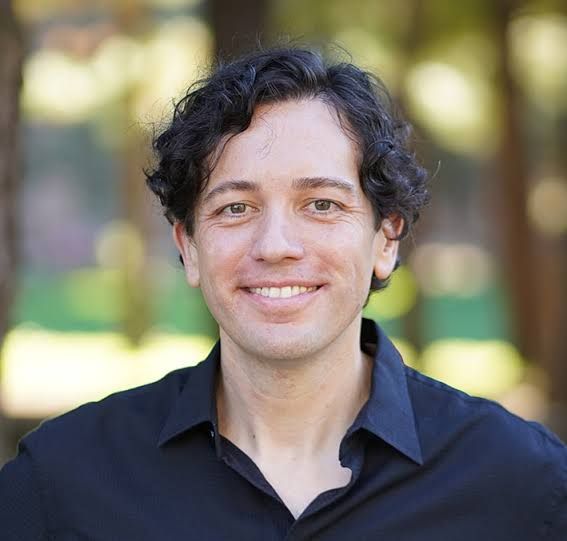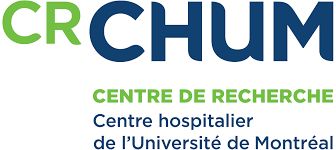
10th Annual Canadian Neurometabolic Meeting

Keynote speaker: Zachary Knight, PhD
Department of Physiology | UCSF

Plenary speaker: Melissa Chee, PhD
Carleton University

Plenary speaker: Tony K. Lam, PhD
University of Toronto





Location
Sheraton Centre Hotel
123 Queen Street West Toronto, ON Canada, M5H 3K6
Dates
Registration period:
February 3, 2025 - 5:00 PM EST - May 16, 2025 - 11:59 PM EDT
Submission period:
February 3, 2025 - 12:00 PM EST - May 2, 2025 - 11:59 PM EDT
Contact us
If you have any questions, please contact canadian.neurometabolic@gmail.com